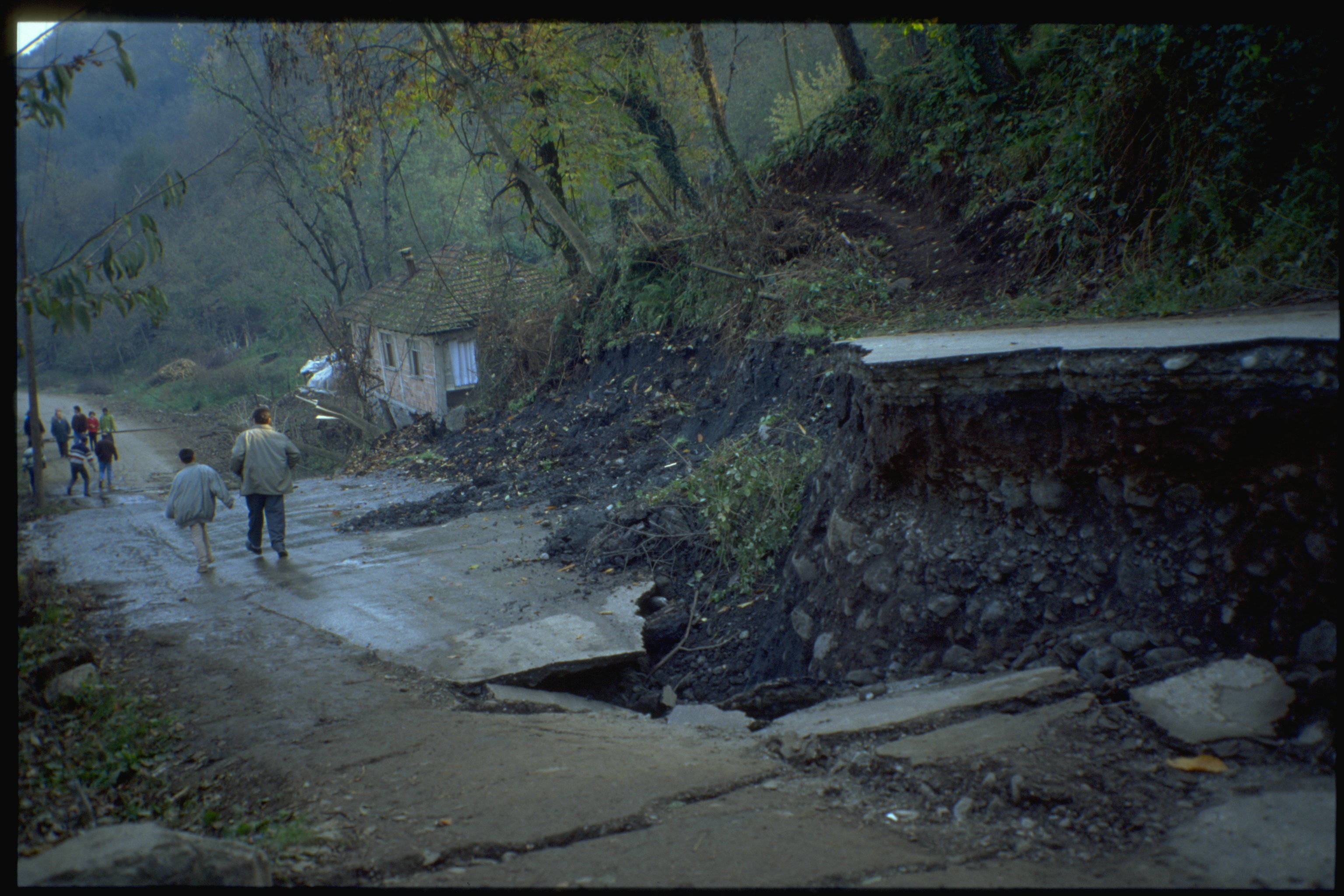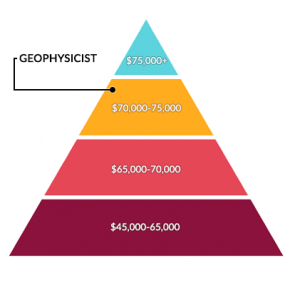All Categories
Featured
Table of Contents
What Would I Be Doing As A Geophysicist? in Pearsall Oz 2020
This work is progressively contracted out, so consultancies offer another source of work. Consultancy firms vary in size, from very little companies to big multinationals. Some consultancies are quite specialised in utilizing specific geophysical techniques or working in specific areas, while others use a more diverse series of services to their clients.
The extraction of gas from landfill websites is another area of employment and this may grow in the future. Expedition companies might carry out work for construction firms, water companies, mining companies and environmental companies, so geophysicists might be used in any of these settings. Other employers consist of: geological surveysgovernment bodies and agenciesuniversities and research institutes.


Jobs might be listed in the oil and gas sector press. Recruitment is impacted by oil price changes and the level of competitors for positions varies depending on this. Professions Days, which cover the complete variety of geoscience professions and are normally attended by a number of essential market companies, are run by The Geological Society.
Standard And Guidance For Archaeological Geophysical ... in Darch Australia 2020
Some of the large oil and gas companies provide a complete two-year structured training programme throughout the breadth of geophysics, consisting of the chance to experience work in different teams before specialising in one location. Your training might include work on: existing wellsmagnetic and gravitational prospective field data analysisresearchrock analysis. It's more typical for your initial training to be provided on the task.

There may be a probationary period during which you work alongside an experienced colleague. Competency-based appraisals occur regularly in the majority of firms. In smaller sized companies, and for academic posts, there is not likely to be any formal training - you'll be expected to start work straightaway and get abilities as you go along.
If you work for a smaller company, you might find that you need to take duty for setting up and funding your own advancement and training. If you have a geology degree, membership of The Geological Society can be useful for networking and for maintaining to date with the market.
Geoscientists : Occupational Outlook Handbook in Maddington Australia 2020
You might likewise find it useful to sign up with the PESGB (The Petroleum Expedition Society of Great Britain, which has a geophysics special interest group. After a probationary period, and as soon as you've acquired some experience, you might progress to senior geophysicist, then team leader and then into a senior function in management.
The ease of movement between functions depends upon the business structure. Study at Masters or Ph, D level in a subject associated to geophysics or geosciences might assist with your profession development and development. The employment market within the oil and gas market is very depending on price and this might affect your chances for career development.
For skilled geophysicists, freelance consultancy uses an excellent path for career advancement. As a geophysicist, you're most likely to have a number of tasks throughout your working life.
Geophysical Survey Flashcards in Waterford Oz 2020
From geophysics, it's possible to concentrate on seismology (completing additional training to become a seismic interpreter) or to move into related areas such as engineering geology or hazard forecast.
Deciding what to study in college is a tough option. Even if you understand that your field of interest depends on science, what program of study is best for you? If you make the choice to major in physical and biological sciences and pursue a profession as a geophysicist, you're preparing for an amazing and lucrative occupation.
The very first step to accomplishing your objective of becoming a geophysicist is making a degree. Even for entry-level positions in the field of geoscience, you'll require a bachelor's degree (a geophysicist college degree) from a certified college or university. Geophysicists should be able to: analyze rocks, photos, and other pieces of information conduct research both in the field and in laboratories produce maps and charts of their findings compose reports To achieve all this, trainees need a specialized education for geophysicist careers.
As mentioned above, you'll need a bachelor's degree in geoscience or a related discipline, such as a physical science or a natural science, to land an entry-level task. However trainees can also prepare by majoring in topics like: Biology Chemistry Computer technology Engineering Mathematics Physics The above geophysicist majors provide a more generalized technique to a single clinical discipline, but many programs require trainees to take one or more geology course.
Latest Posts
Geophysical Surveys Definition & Meaning In Stock ... in Murdoch Oz 2023
About Environmental Geophysics in Middle Swan Aus 2022
Geophysicist Job Description in Australia 2021